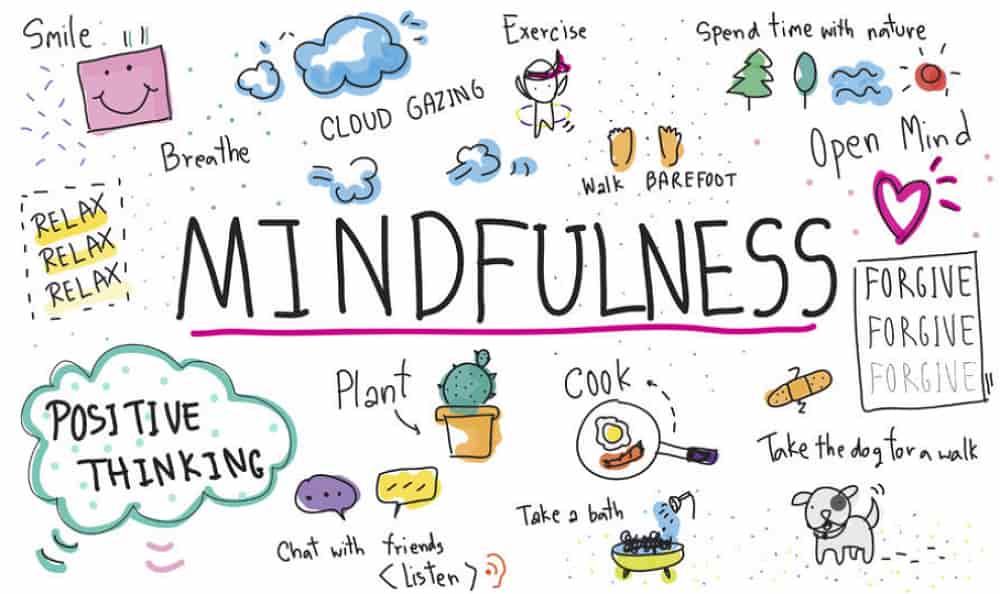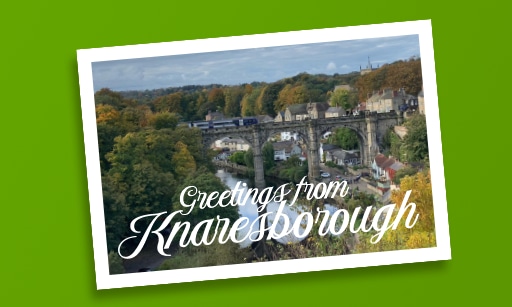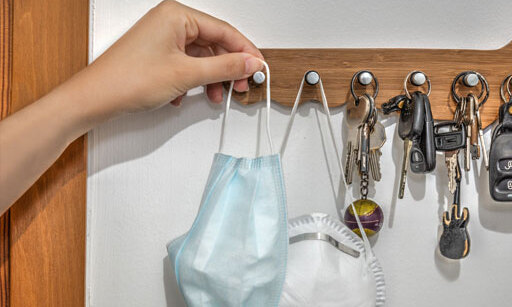
We know that to be healthy we should eat our five a day, exercise regularly, and (in particular after watching the Adrian Chiles documentary Link) make an active decision to reduce our alcohol intake. However many are adding Mindfulness to the list of ways to stay healthy.
It’s hard to read anything these days without coming across the subject of Mindfulness. It seems to be everywhere and everyone is doing it. It’s not hard to research and look into the scientifically proven effects of Mindfulness. As a concept, Mindfulness - the practice of paying attention to the present moment in a focused and non-judgmental way – is nothing new. Buddhist monks have been practising it for over 2,500 years and in the last 40 years many Western doctors have embraced Mindfulness techniques into formalised therapies of Mindfulness-Based Stress Reduction (MBSR) and Mindfulness-Based Cognitive Therapy (MBCT).
Mindfulness has gone increasingly more mainstream recently. There is encouraging evidence for its use in health, education and work places. Individuals are turning to it as part of a healthier lifestyle; in reaction to our "always-on" digital lifestyle.

Mindfulness in marketing/targeting consumers is still relatively unexplored territory and possibly for good reason; consumerism of Mindfulness is at best ironic and at worst sabotages the original idea! Understanding why Mindfulness matters and how consumers are embracing it in their everyday lives could however lead to much richer insight, so feels like there is a role for Mindfulness within market research.
But how do we elicit truly meaningful responses from consumers, without being one of the many distractions they are trying to avoid? Do we need to be more mindful as researchers?
- Limiting the everyday distractions; In the same way that making time for Mindfulness might be at a certain time of day, for example first thing in the morning, where you can be undisturbed, we as researchers need to consider the best time of day to contact the respondent and elicit their responses with as few distractions as possible; such as avoiding dinner time, the kids going to bed, or the finale of the Bodyguard
- Designing a Mindful Research Approach; As a technique, Mindfulness is able to train the brain to enhance the positive traits we have and reduce the negative feelings of anxiety and stress for example. Our Mindful research design taps into those intuitive vs rational thoughts and really focuses on what enhances the positive consumer experience/ brand relationship – this the foundation of Gusto’s work with many clients to identify key ‘Moments of Truth’
- Applying the Mindfulness lens in reporting; When Gusto present back research insight, a commercial focus is the foundation of our thinking, but with a Mindfulness lens on we start to think about how consumers are making more meaningful choices, and how the brand can ultimately build a deeper relationship
But is Mindfulness just a craze that will be pushed out by the next big thing? Given the scientific evidence and backing by some major brands such as the NHS, it seems Mindfulness is something that is here to stay!
The continued success of Mindfulness will, in part depend on the level of awareness of mental health in our society. Being typically British, we find it difficult to open up about our feelings and issues, which is why campaigns such as the World Mental Health Day Link do a fantastic job at breaking down those barriers and encouraging people to talk.
Here at Gusto we are also doing our bit for health and wellbeing, by running daily Mindfulness sessions for Gusto employees. Not only is Mindfulness able to decrease stress and improve mood, it can result in happier, healthier employees who are more productive, resilient and creative – therefore benefiting not only our employees, but also our clients.
If you would like to know more about the Gusto approach to applying Mindfulness within research, please contact lyn.lyons@gustoresearch.com or call Lyn on 0113 2689020.

Like this article? Follow us on Twitter.


